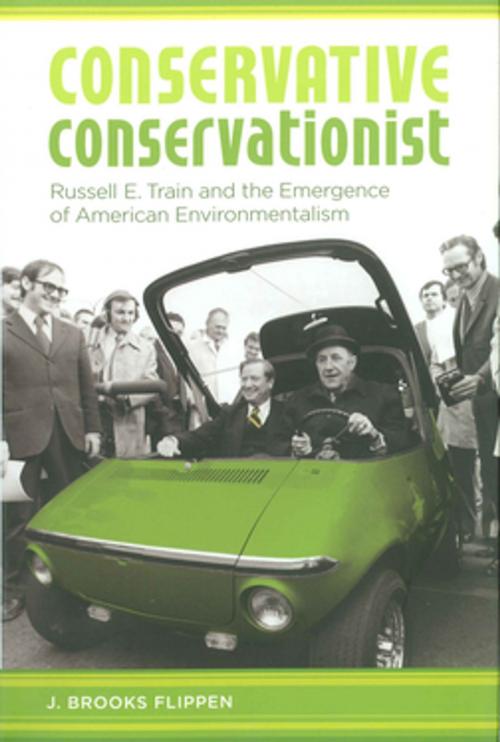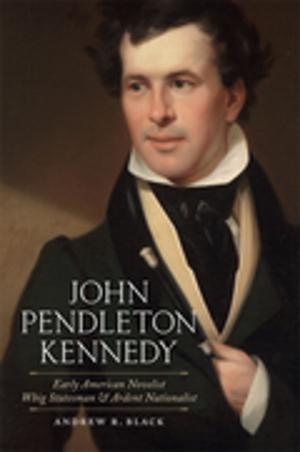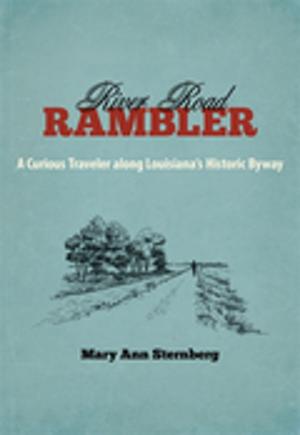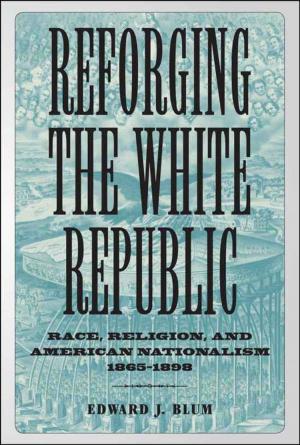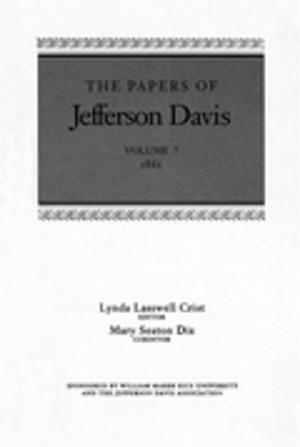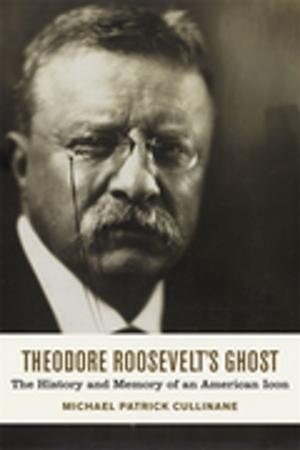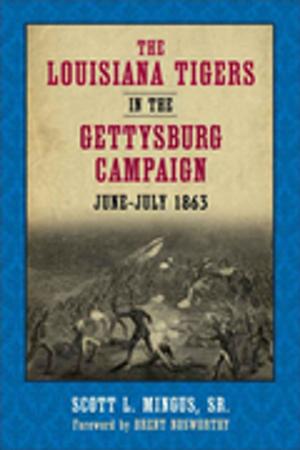Conservative Conservationist
Russell E. Train and the Emergence of American Environmentalism
Nonfiction, Social & Cultural Studies, Political Science, Government, Public Affairs & Administration, Science & Nature, Science, Biological Sciences, Environmental Science, History, Americas, United States| Author: | J. Brooks Flippen | ISBN: | 9780807148259 |
| Publisher: | LSU Press | Publication: | September 1, 2006 |
| Imprint: | LSU Press | Language: | English |
| Author: | J. Brooks Flippen |
| ISBN: | 9780807148259 |
| Publisher: | LSU Press |
| Publication: | September 1, 2006 |
| Imprint: | LSU Press |
| Language: | English |
In the history of American environmentalism, Russell E. Train plays a starring role. Few individuals have been so influential in creating the United States' environmental policies and encouraging conservation efforts around the world. In this absorbing new biography, J. Brooks Flippen describes Train's significance within the fascinating history of the contemporary environmental movement.
A lifelong Republican, Train left a successful judicial career to found the African Wildlife Leadership Foundation. As the problems of pollution and unrestrained growth became apparent, he adopted a more ecological approach to nature and became a leader of the emerging environmental movement of the 1960s. He soon headed the Conservation Foundation, one of the first organizations to appreciate that humans represent only one strand in the "web of life."
President Richard Nixon appointed Train as the initial chairman of the Council on Environmental Quality just as the country celebrated its first Earth Day. There he helped craft the most important environmental legislation in U.S. history. After three years, he became administrator of the Environmental Protection Agency, enforcing regulations during the Energy Crisis and much of the troubled 1970s.
With the election of Democrat Jimmy Carter, Train returned to the private sector as head of the American affiliate of the World Wildlife Fund. He found himself increasingly at odds with many Republicans as a new, more ideological brand of conservatism grew and bipartisanship faded. Train's Republican credentials and environmental advocacy made him a vestige of the past and, in a sense, a hope for the future.
Given complete access to the personal papers and recollections of Russell Train, Flippen casts an unbiased eye on this remarkable man and the causes he has so fervently promoted. Of a prominent Washington family, Train has known every president from Herbert Hoover to George W. Bush. His life and career illustrate the political dynamics of modern environmentalism and illuminate the insider culture of Washington, D.C.
In the history of American environmentalism, Russell E. Train plays a starring role. Few individuals have been so influential in creating the United States' environmental policies and encouraging conservation efforts around the world. In this absorbing new biography, J. Brooks Flippen describes Train's significance within the fascinating history of the contemporary environmental movement.
A lifelong Republican, Train left a successful judicial career to found the African Wildlife Leadership Foundation. As the problems of pollution and unrestrained growth became apparent, he adopted a more ecological approach to nature and became a leader of the emerging environmental movement of the 1960s. He soon headed the Conservation Foundation, one of the first organizations to appreciate that humans represent only one strand in the "web of life."
President Richard Nixon appointed Train as the initial chairman of the Council on Environmental Quality just as the country celebrated its first Earth Day. There he helped craft the most important environmental legislation in U.S. history. After three years, he became administrator of the Environmental Protection Agency, enforcing regulations during the Energy Crisis and much of the troubled 1970s.
With the election of Democrat Jimmy Carter, Train returned to the private sector as head of the American affiliate of the World Wildlife Fund. He found himself increasingly at odds with many Republicans as a new, more ideological brand of conservatism grew and bipartisanship faded. Train's Republican credentials and environmental advocacy made him a vestige of the past and, in a sense, a hope for the future.
Given complete access to the personal papers and recollections of Russell Train, Flippen casts an unbiased eye on this remarkable man and the causes he has so fervently promoted. Of a prominent Washington family, Train has known every president from Herbert Hoover to George W. Bush. His life and career illustrate the political dynamics of modern environmentalism and illuminate the insider culture of Washington, D.C.
